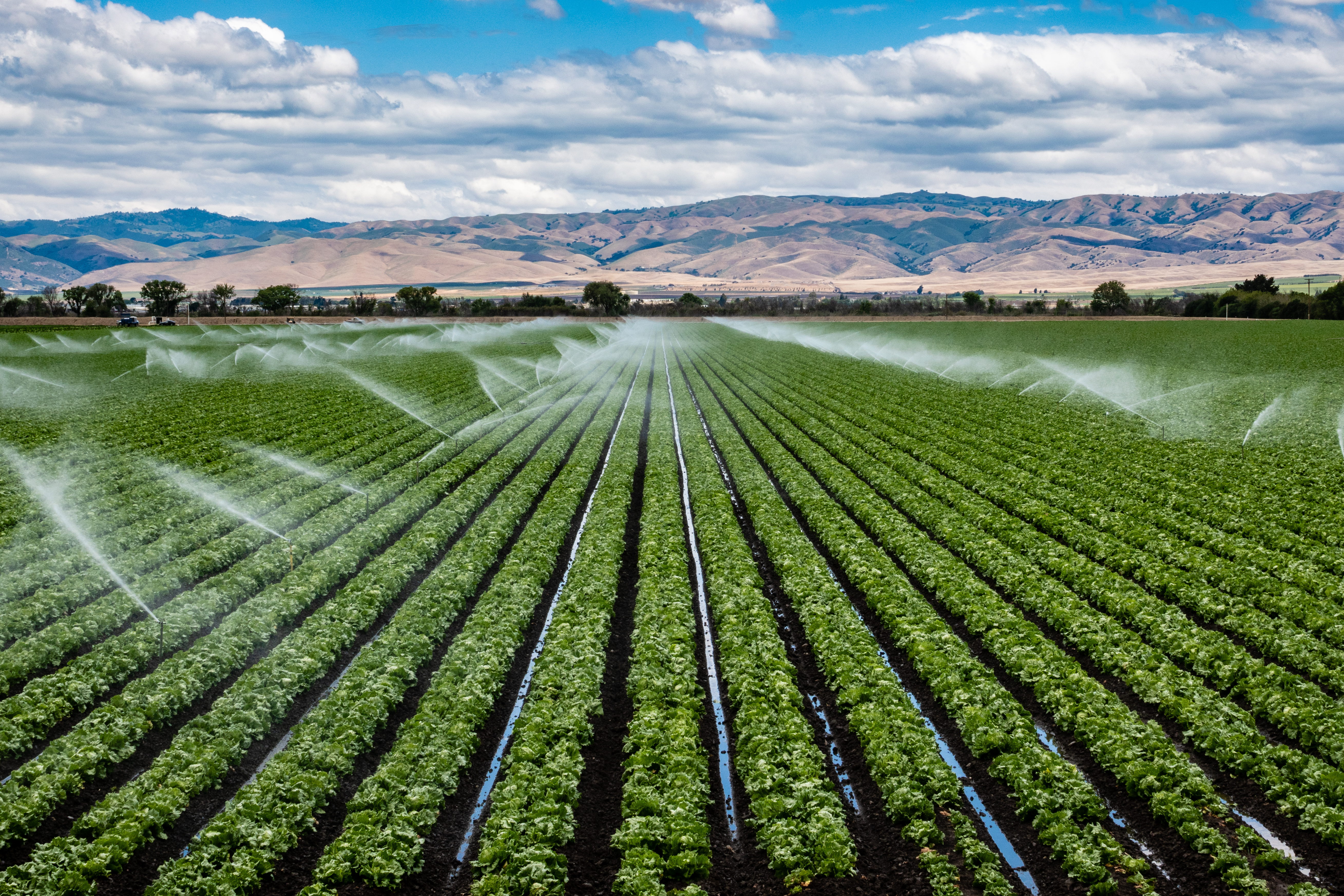By Hilary Thesmar, Chief Food and Product Safety Officer and SVP Food Safety, FMI, and Stephanie Harris, Chief Regulatory Officer and General Counsel, FMI

For decades, retailers have been meeting customer needs by adapting to evolving expectations and expanding product offerings as well as enhancing the services offered to increase access to healthy meals for families around the country. Food delivery is not a new concept, but it expanded tremendously during the pandemic when consumers were seeking alternative ways to purchase food and household items as they reduced outings and shopping trips. Retailers rose to the occasion and enhanced services to provide food for their customers in multiple formats, including store pick-up and delivery. The use of technology also enabled novel ways for retailers to engage consumers and provide them with flexibility in how they shop. As technology continues to evolve, business models will change along with consumer expectations. No matter what the future of food retail looks like, retailers will adapt and continue to meet the ever-changing needs of their customers.
The U.S. Food and Drug Administration (FDA) recently held a summit on food safety practices for e-commerce. The scope of the summit was broad, covering grocery, restaurant and mail order business-to-consumer e-commerce models. The summit was convened to evaluate business models for e-commerce and to consider whether additional regulations are necessary to assure the safety of products delivered directly to consumers. FMI provided oral comments during the summit and plans to submit further written comments to the agency later this fall. Our remarks focused on several important points the agency should consider.
-
Food delivery is not new.
-
Because business models will continue to change rapidly due to technological innovations as well as consumer expectations, the FDA and other public health regulatory agencies should focus on outcomes (that consumers receive safe food) and not the process (how they receive it). There is already a strong legal framework ensuring the safety of foods delivered through new business models and existing regulations should be utilized to assure the safety of food delivered to consumers.
-
Existing documents from credible scientific organizations, such as the recently released guidance document on direct-to-consumer and third-party delivery (CFP 2020), should be used as a starting point for the recommended food safety practices.
-
The food industry is committed to food safety and extends food safety practices to their e-commerce business models. FMI members report having procedures in place to support food safety for employees performing tasks related to e-commerce, including temperature controls and practices to prevent contamination.
No matter how food is brought into the home, the role of consumers to keep food safe remains important. Leveraging consumer facing resources on food safety for e-commerce business models can help consumers keep food safety top of mind. We recommend the Partnership for Food Safety Education’s Prep Yourself campaign which seeks to encourage safe food handling at home and educate consumers on what to consider when ordering from food delivery services..
We welcome your thoughts and insights on e-commerce business models and food safety. Please feel free to reach out to the FMI Government Relations team as well as the FMI Food and Product Safety team.


 Industry Topics address your specific area of expertise with resources, reports, events and more.
Industry Topics address your specific area of expertise with resources, reports, events and more.
 Our Research covers consumer behavior and retail operation benchmarks so you can make informed business decisions.
Our Research covers consumer behavior and retail operation benchmarks so you can make informed business decisions.
 Events and Education including online and in-person help you advance your food retail career.
Events and Education including online and in-person help you advance your food retail career.
 Food Safety training, resources and guidance that help you create a company food safety culture.
Food Safety training, resources and guidance that help you create a company food safety culture.
 Government Affairs work — federal and state — on the latest food industry policy, regulatory and legislative issues.
Government Affairs work — federal and state — on the latest food industry policy, regulatory and legislative issues.
 Get Involved. From industry awards to newsletters and committees, these resources help you take advantage of your membership.
Get Involved. From industry awards to newsletters and committees, these resources help you take advantage of your membership.
 Best practices, guidance documents, infographics, signage and more for the food industry on the COVID-19 pandemic.
Best practices, guidance documents, infographics, signage and more for the food industry on the COVID-19 pandemic.
